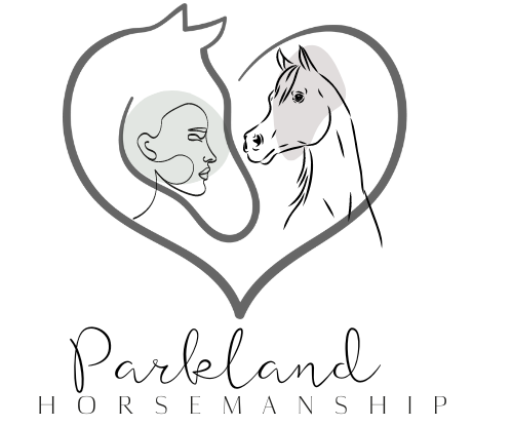Domesticated horses have been trained to respond to human emotions and nonverbal cues, mirroring back these signals back to participants, helping them better understand their behavior.
Equine therapy offers an invaluable nonverbal form of communication for those struggling to articulate their emotions, such as trauma survivors. Furthermore, its experiential nature encourages mindfulness and presence in the moment.
Trust
Once a client develops trust with a horse, they gain the ability to share their problems without feeling judged or criticised – skills which can then be transferred back into human relationships.
Therapeutic riding is a form of equine-assisted therapy which assists people in dealing with both physical and emotional difficulties. Therapeutic riding has many potential advantages, including improving balance, posture, flexibility and strength as well as decreasing stress levels and building self-esteem – helping with depression anxiety as well as other mood disorders.
Equine-facilitated psychotherapy can be extremely effective for people living with complex trauma. It teaches them how to identify and alter harmful patterns of behavior and negative thought processes that keep repeating themselves, as well as helping build trusting relationships and feeling more resilient against traumatizing experiences.
Empathy
Horses are highly sensitive animals that understand human emotions with remarkable clarity. Furthermore, horses display increased alertness when sensing danger or fear, providing clients with an invaluable opportunity to examine how they respond to threats in their daily lives.
Horses provide immediate feedback during therapy sessions through their behavior and movements, mimicking human walking gaits to provide participants with instantaneous feedback as they learn to adjust their bodies in response to the horse’s natural rhythms. This method aids participants in building balance and confidence while simultaneously building balance and confidence within themselves.
Equine Assisted Therapy relies heavily on therapists’ abilities to facilitate client experiences, which requires patience, trust and respect between horse and rider, and an ability to observe without judgment client interactions with animals such as horses. Trauma Focused EAP allows therapist and client to work together on interpreting these observations and exploring how they influence daily lives beyond therapy sessions.
Communication
Horses are prey animals that rely on flight to protect themselves, which means they’re highly attuned to their surroundings and sensitive enough to pick up on negative energy from others. Horses’ ability to mirror human emotions may help people identify and explore feelings such as fear, anxiety or distress more effectively.
Interacting with horses helps children build up their self-confidence. Children learn that even though horses may be larger and stronger than them, they can still interact in an appropriate manner with mutual respect between one another.
Equine therapy and hippotherapy provide emotional healing as well as physical benefits for clients recovering from physical trauma or injury. Riding can improve balance, strength and coordination while interaction with horses fosters fine motor skill development through grooming and feeding activities – this can be invaluable in treating stroke, brain injuries or dissociative disorders. This type of therapy should usually be combined with other forms of mental health therapy or physical therapy in order to reach holistic wellness goals.
Focus
Interacting with horses and successfully overcoming challenges promotes confidence, self-assurance and a sense of achievement in individuals, as well as improving impulse control and emotional regulation.
Trauma survivors often struggle to trust others, including themselves. Horses provide an excellent platform for building trusting relationships and can serve as a solid basis for developing healthy interpersonal bonds again.
Due to their prey animal nature, horses are highly attuned and responsive to human emotions when interacted with. This allows clients to build rapport and form genuine connections even when verbalizing can be challenging; skills which can carry over into therapeutic settings or everyday life – particularly helpful for trauma survivors dealing with lack of connection and isolation.

